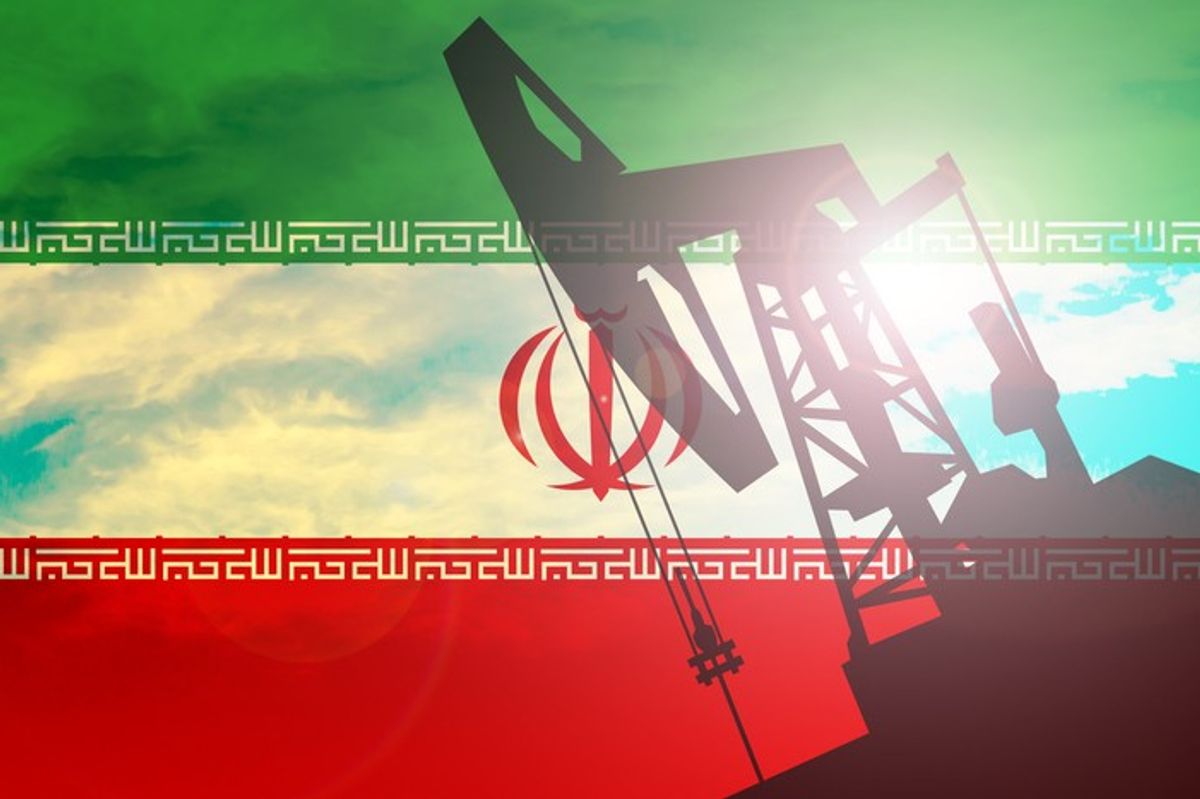Confronted with instability in neighboring Libya, a civil war to its south in Sudan, and an ISIS affiliate taking root in the Sinai Peninsula, Egypt’s deteriorating security environment has pushed the country’s economy to the brink. Yesterday’s hijacking of an EgyptAir flight, which comes six months after the downing of a Russian airliner over the Sinai, serves as yet another caution flag to prospective investors and visitors seeking to engage with Egypt.
With Egypt’s economy in a dire state, Egyptian President Abdel Fatah al-Sisi reshuffled his cabinet last Wednesday and appointed ten new ministers in hopes of reviving his country’s financial, investment, and tourism portfolios.
Dr. Amr Adly, a Cipher Brief expert and a nonresident fellow at Carnegie Middle East Center, sees two reasons for Sisi’s selection of these specific individuals. “The first is to try to bring people with a clear business background so as to re-establish links with the private sector, especially big conglomerates and investment banks.…The second possible explanation is to try to bring in people who can develop a recovery plan and move beyond mere crisis management,” writes Adly.
While such moves signify a shift in Egypt’s economic strategy, it will undoubtedly take more than the promotion of experienced businessmen to draw Egypt out of its current economic predicament.
“Egypt's economy will get back on track only when the government is able to stabilize the security situation and adopt policies that encourage private sector investment,” explains Dr. Michelle Dunne, Senior Associate at the Carnegie Endowment for International Peace.
Two of the most important factors contributing to Egypt’s economic hardships are the fall of global oil prices and the decreasing number of tourists visiting Egypt.
Oil plays a critical role in Egypt’s economy as approximately 70 percent of the country’s foreign direct investment (FDI) is based in the oil sector. According to Adly, “The fall in oil prices has negatively impacted Egypt’s access to foreign capital, even though Egypt is a net-oil importer, because of Egypt’s heavy dependence on oil-related capital inflows in the form of aid and investment from the Gulf Cooperation Council (GCC) as well as remittances and tourism from Russia.”
Egypt’s tourism industry has steadily declined since the 2011 Arab Spring. Last year, Egypt’s tourism revenues generated $6 billion, substantially down from the $12.5 billion in revenues accumulated in 2010, the year before the Arab Spring. This drop in tourism has been attributed to Egypt’s mounting security concerns, primarily as President Sisi aims to crack down on Islamist militants throughout the country and as Egypt’s neighbors, Libya and Sudan, are plagued by civil war.
With his cabinet reshuffle, President Sisi has taken an important step to right the country’s floundering economic ship. In fact, Dr. Adly points out that some of the policies implemented by the new Egyptian cabinet may lead to an increase in the privatization of state owned enterprises, a move that may open new opportunities for U.S. businesses.
Ultimately, according to Dr. Eric Trager of the Washington Institute for Near East Policy, the resurgence of Egypt’s economy hinges on three elements: President Sisi’s acceptance of the political risks of enacting further economic reform, the country’s security outlook, and the level of comfort felt by the new ministers charged with leading the country’s economic reform.
But “for Egypt to put its economy back on the right track, security is the key issue to decrease the level of uncertainty both for business investment and tourists,” writes Cipher Brief Expert Dr. Yeganeh Morakabati, Associate Professor at Bournemouth University. “Unfortunately, for Egypt, this is true for the region as a whole and is therefore not directly under Egypt’s control,” she continues.
As Egypt struggles to work its way out of its economic recession, preserving its security is critical to reassuring investors and tourists that Egypt is indeed a worthwhile destination.
Bennett Seftel is the Deputy Director of Editorial at The Cipher Brief.













